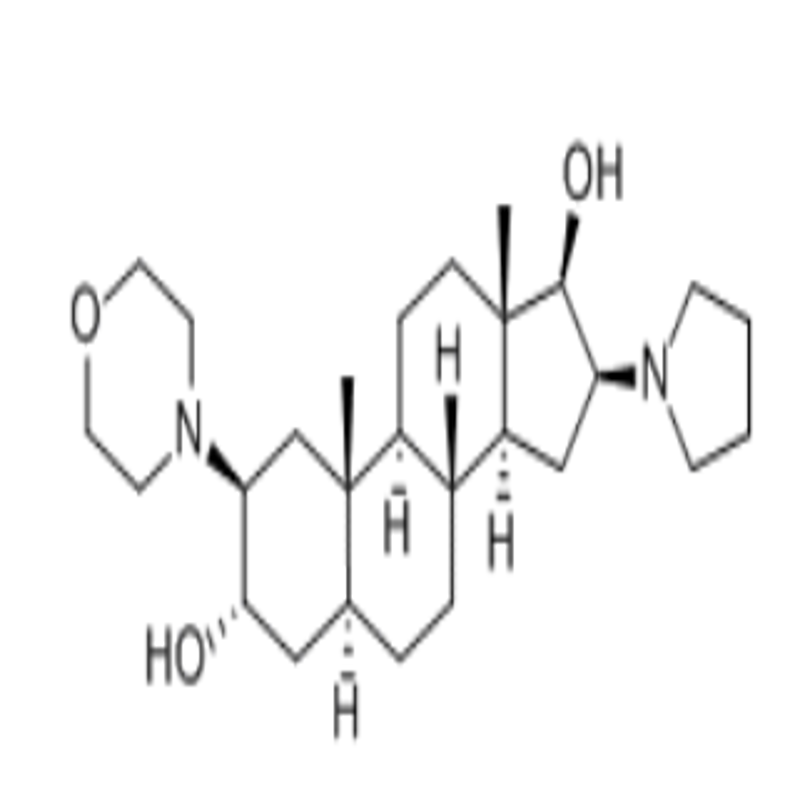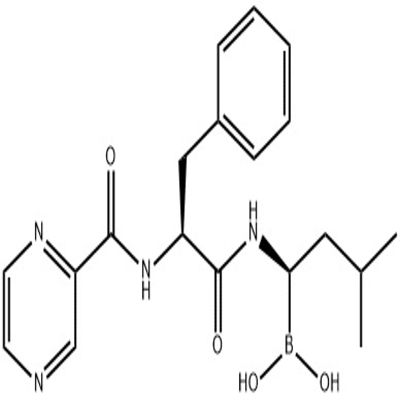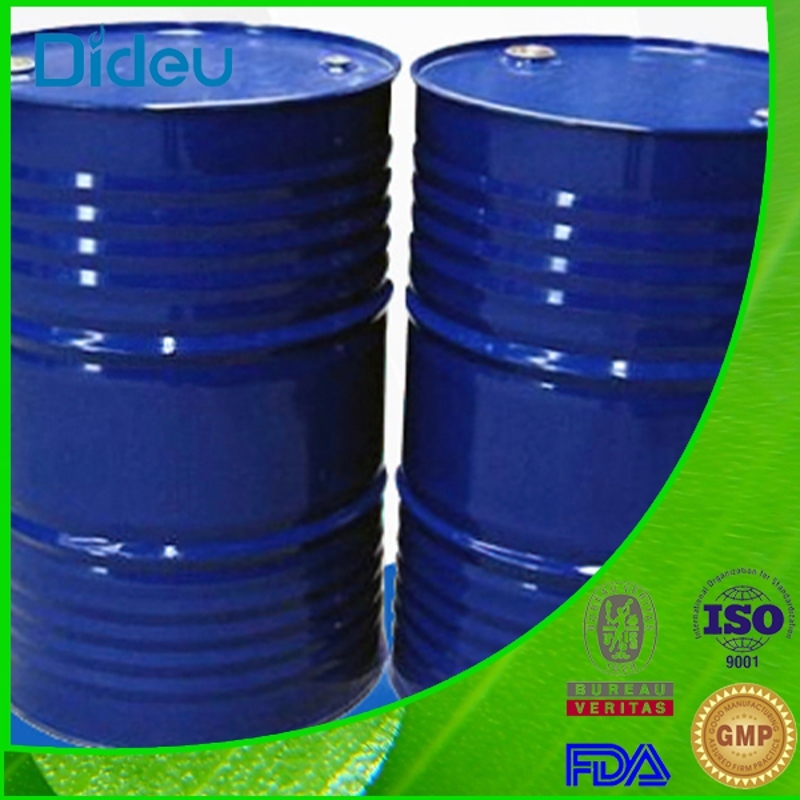-
Categories
-
Pharmaceutical Intermediates
-
Active Pharmaceutical Ingredients
-
Food Additives
- Industrial Coatings
- Agrochemicals
- Dyes and Pigments
- Surfactant
- Flavors and Fragrances
- Chemical Reagents
- Catalyst and Auxiliary
- Natural Products
- Inorganic Chemistry
-
Organic Chemistry
-
Biochemical Engineering
- Analytical Chemistry
-
Cosmetic Ingredient
- Water Treatment Chemical
-
Pharmaceutical Intermediates
Promotion
ECHEMI Mall
Wholesale
Weekly Price
Exhibition
News
-
Trade Service
2-Piperazinecarbonitrile (PCN) is a versatile organic compound that finds widespread use in the chemical industry.
The compound is synthesized from ammonia and cyanazine, which are both readily available in the market.
PCN has two isomers, i.
e.
, R-(+)-PCN and S-(--)-PCN, but only the R-(+)-PCN isomers are commercially available.
The chemical industry relies heavily on the use of intermediates, and PCN is no exception.
It is used as an intermediate in the production of various chemicals, including pharmaceuticals, agrochemicals, dyes, and dyestuffs.
In this article, we will discuss the upstream and downstream products of PCN in the chemical industry.
Upstream Products of PCN
One of the major upstream products of PCN is pharmaceuticals.
Several drugs are synthesized using PCN as an intermediate.
One such drug is Alfa-Alderhyde D, which is used to treat depression.
PCN is also a key intermediate in the production of certain anti-cancer drugs, such as cisplatin and carboplatin.
In addition to pharmaceuticals, PCN is also used as an intermediate in the production of agrochemicals.
For example, it is used in the synthesis of herbicides, such as Paraquat and Diquat, which are used to control weeds in crops.
Downstream Products of PCN
One of the most common downstream products of PCN is the dye sublimate yellow, which is used in the textile industry.
PCN is also used in the production of other dyes and dyestuffs.
Another major downstream product of PCN is the pharmaceutical intermediate Alfa-Alderhyde D.
This compound is used in the treatment of depression and is synthesized using PCN as an intermediate.
PCN is also used in the production of certain agrochemicals, such as herbicides.
Paraquat and Diquat are two such herbicides that are synthesized using PCN as an intermediate.
As mentioned earlier, PCN is synthesized from ammonia and cyanazine.
The process involves several steps, including nitration, hydrolysis, and condensation.
It is important to note that the quality of the starting materials used in the synthesis has a significant impact on the quality of the final product.
Hence, it is crucial to use high-quality raw materials to ensure consistent quality of PCN.
Role of PCN in the Chemical Industry
PCN plays a crucial role in the chemical industry as an intermediate in the production of various chemicals.
Its utility in the synthesis of pharmaceuticals, agrochemicals, and dyes makes it an essential building block in the chemical industry.
The versatility of PCN makes it a valuable intermediate for a wide range of chemical products.
In conclusion, 2-Piperazinecarbonitrile (PCN) is a versatile intermediate in the chemical industry that finds widespread use in the production of various chemicals, including pharmaceuticals, agrochemicals, and dyes.
The quality of the starting materials used in the synthesis of PCN has a significant impact on its quality and thus the quality of the final product.
PCN plays a crucial role in the chemical industry as an intermediate, making it an essential building block for many chemical products.







